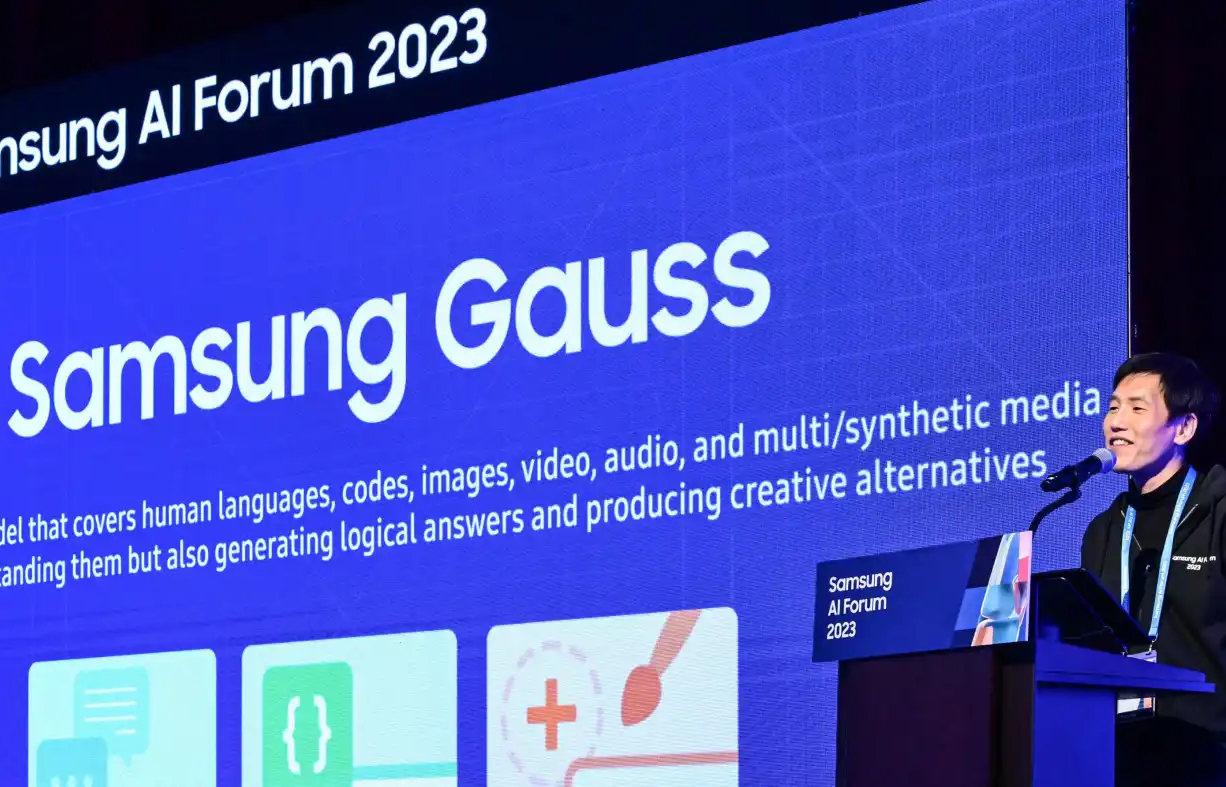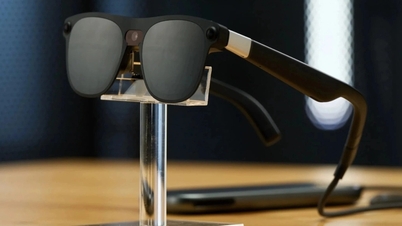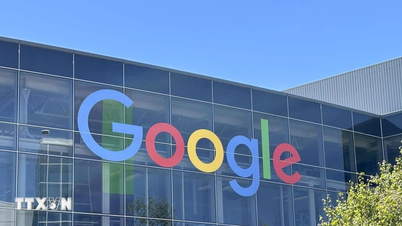In a letter sent to the European Commission by Google and a group of major European carriers, they argued that iMessage serves as “a vital gateway between business users and their customers” and should be regulated as a core service under the EU’s new Digital Markets Act (DMA). If the regulator designates iMessage as a “core platform service,” Apple could be forced to open up iMessage to interoperate with other messaging services like RCS.

The letter was sent to the EC while the agency is investigating whether iMessage meets the requirements set out under the DMA.
Google has long wanted Apple to adopt RCS – a cross-platform messaging standard that is billed as the successor to SMS. Google VP Hiroshi Lockheimer once called Apple’s decision to block iMessage a calculated strategy in which the iPhone maker uses peer pressure and bullying as a way to sell its products.
iPhone users can send messages to users of other operating systems, like Android. However, advanced iMessage features like encryption and higher-quality photos/ videos are exclusive to the Apple ecosystem. Messages between iMessage users are colored blue, while those between others are green.
According to the letter, iMessage meets the criteria for a core platform service under the DMA. Specifically, it must be operated by a company with an annual turnover of more than €7.5 billion and have at least 10,000 monthly active business users in the EU. The focus on business users reflects the fact that gatekeepers and core platform services “provide an important gateway between businesses and consumers,” according to the DMA.
In addition to the unnamed Google senior vice president, the letter was signed by the CEOs of Vodafone, Deutsche Telekom, Telefónica and Orange. "Through iMessage, business users can only send multimedia messages to iOS users and must rely on traditional SMS for all other end users," the letter reads.
Responding to The Financial Times , Apple said that “customers today have access to a wide variety of messaging apps and often use multiple services at once, reflecting how easy it is to switch between them.” “iMessage is designed and marketed for personal communication and we look forward to explaining to the EC why iMessage falls outside the scope of the DMA,” the statement continued.
Apple has previously argued that iMessage is not popular enough in the EU to be designated as a core platform service and lacks support for business-focused features like APIs.
The Commission's investigation into whether iMessage should be designated as a core platform service under the DMA is ongoing. A decision is expected by February 2024.
(According to The Verge)

Source










































































































Comment (0)